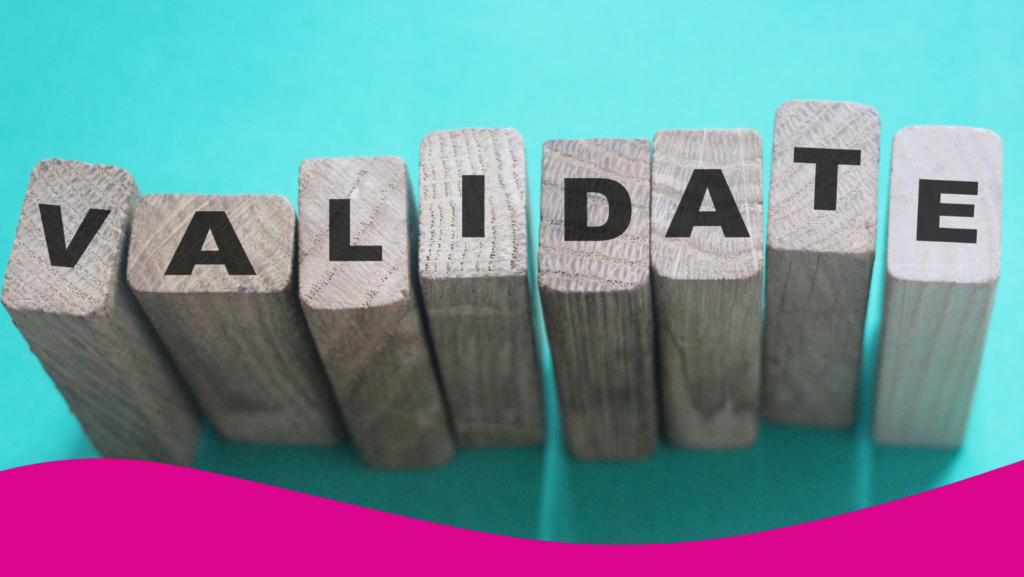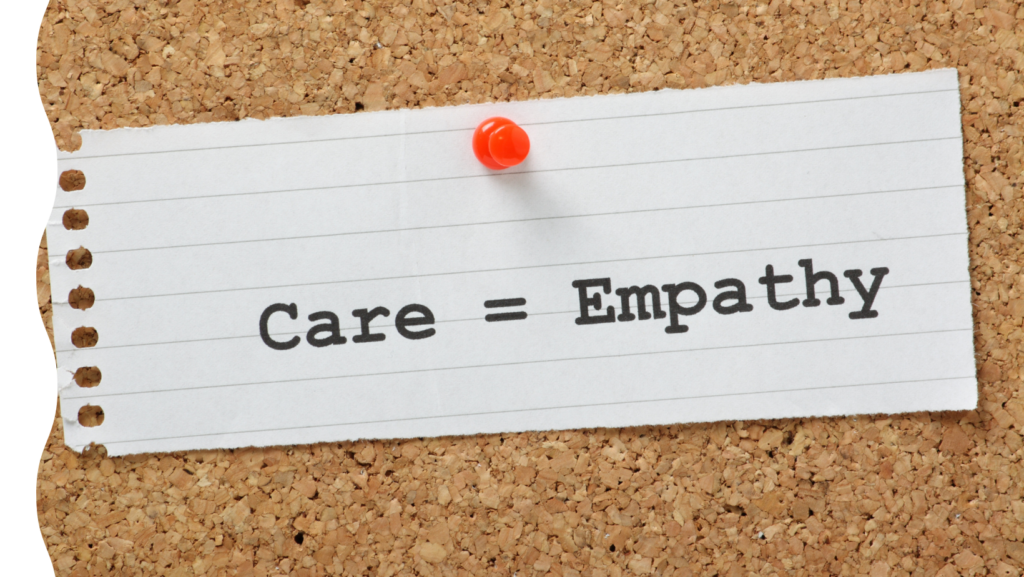
How to use emotional validation to improve your relationship
An important social skill that anyone can learn is emotional validation. You can practice on strangers in passing or with your loved ones. Either way, you help others feel more accepted and respected when you validate what they do and say.
Fundamentals of validation
1. Define validation. When you validate someone’s feelings, it refers to acknowledgement. That’s dissimilar from saying you condone their behavior or agree with what they say. You can speak to a friend about hiding an affair without suggesting that cheating is the right way to go about handling feelings for someone else.
2. Offer yourself validation. Learn to validate others as well as yourself. Identifying your true feelings is the first step when managing these emotions constructively. It goes both ways when validating the behavior of said friends and family.
3. Keep track of your nonverbal expressions. One’s body language is a part of the process. You’re likely to look welcoming and relaxed if you feel attentive and patient. On the other hand, a person can feel just as dismissive when you roll your eyes without saying a word.

4. Take advantage of daily opportunities. Every social interaction you have with a person whether it’s your best friend or a bartender, use it as a training opportunity. It’s easier to master a skill when you do it all the time.
Advantages of validation
1. Help people feel like they belong. It’s fundamental to human nature to have the need to fit in. We feel more appreciated and respected when we validate each other’s feelings. We’re reminded of our worth and that we all have value when someone validates what we say and do as a person.
2. Minimize conflicts. Fewer disagreements arise when people demonstrate goodwill and trust in one another. Let people know that their feelings matter, and you care about them through validation, so they feel seen and also heard.

3. Improve communications. Help promote more constructive dialogue by using open-ended questions and supportive comments. Many people are eager to open up more when no one is pointing the finger or judging them.
4. Empower others. When you authenticate someone else’s feelings, it strengthens their capability to solve their own issues. It will help them be more confident and embrace more constructive approaches as they understand recurring patterns of behavior and better insights into underlined motivations.
How to validate:
1. Listen carefully. It’s important to give your full attention to the other person. Let people provide all the facts and continue talking until they reached the end of their story. Listen meticulously with an open mind and if possible, remove any distractions such as electronic devices.
2. Summarize what you heard them say. In your own words tell the person what you think they said. That way, they can clarify if you understood the message they were trying to convey, and it gives them the opportunity to correct it if you misunderstood it.

3. Label the feelings. Help the other person sort out what it is they are feeling. If these feelings have been suppressed for a long period of time, it can be challenging to make sense out of what’s going on. A person may realize they’re still troubled by something that happened years ago.
4. Consider a person’s history or background. Depending on the person, they may react dissimilar to the same scenario than someone else depending on life factors such as family history, their personality, or their upbringing. Someone who grew up in a wealthy family may view money differently than someone who grew up in poverty.

5. Recognize the valid aspects of any experience. You can most likely find some aspect of a circumstance that you can relate to if you keep an open mind, even if you think a particular action shows poor judgment. Inevitably we all try to avoid suffering in attempts to make ourselves happy.
6. Show empathy. Let other people know that you acknowledge their feelings on a genuine level by displaying compassion. You may feel a natural empathy if you are both going through a breakup at the same time. You can still be sensitive to their pain, even if you’re caught off guard by something that seems strange in their situation.

Improve your relationships by getting better at giving Emotional validation to the people in your circle. You’ll learn to handle your feelings at a higher level when you help those around you feel more loved and connected by validating what they are going through in life. It cost you absolutely nothing to be a positive support system on a daily basis to strangers and those whom you care about.
Want to learn more about improving your relationships through emotional validation? Click here to get more insight with our course True Love After the Infatuation Fades.








